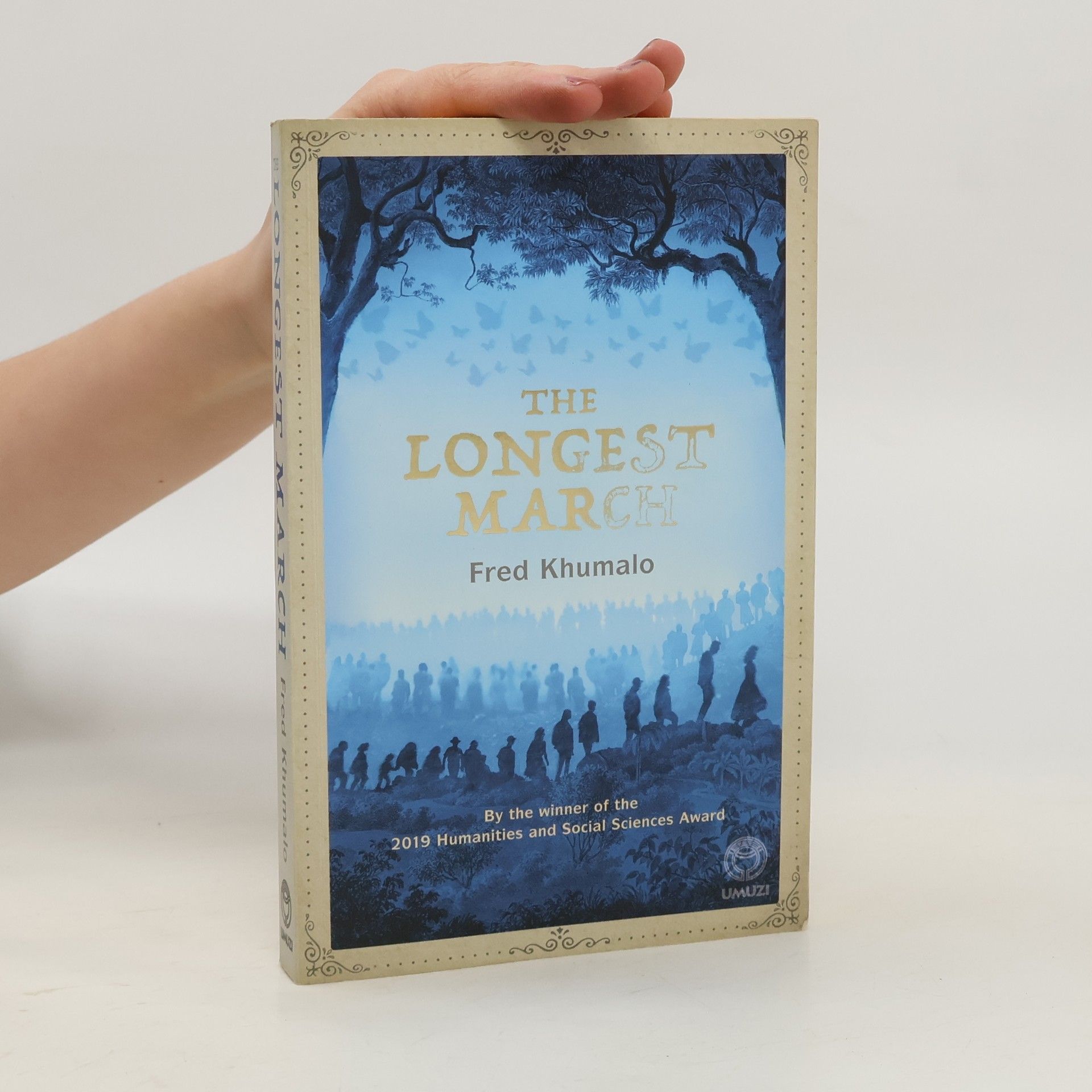The Longest March
- 263 páginas
- 10 horas de lectura
A hundred and twenty years ago, seven thousand Zulu mineworkers embarked on a remarkable journey from Johannesburg to Natal, covering five hundred kilometers in ten days. In 1899, Philippa faces heartbreak as her fiancé Nduku ends their engagement. Having followed him from Kimberley to the goldfields, she is devastated. As tensions rise between the South African Republic and the British Empire, war breaks out, leading to the shutdown of the mines and the expulsion of migrant workers. With no trains running and home hundreds of kilometers away, Philippa and Nduku must walk. Their journey is fraught with danger—sleeping outdoors, encountering wild animals, and facing harassment from armed white farmers. Disguised as a mineworker’s wife, Philippa, who is white, shares her true history and fears with Nduku with each step they take. As they travel to Natal, they explore their inner selves, discovering the possibility of happiness amidst adversity. Their story unfolds against a backdrop of significant historical events, capturing the determination and courage of ordinary people facing extraordinary challenges. Fred Khumalo’s novel is a tribute to resilience and the quest for love in tumultuous times.


